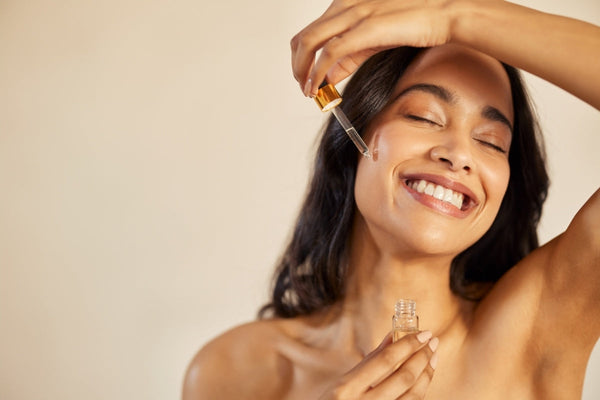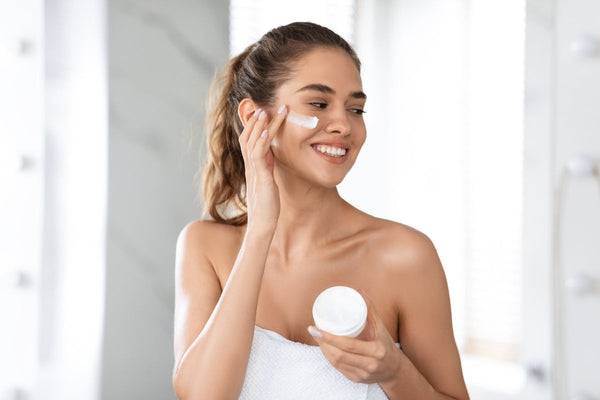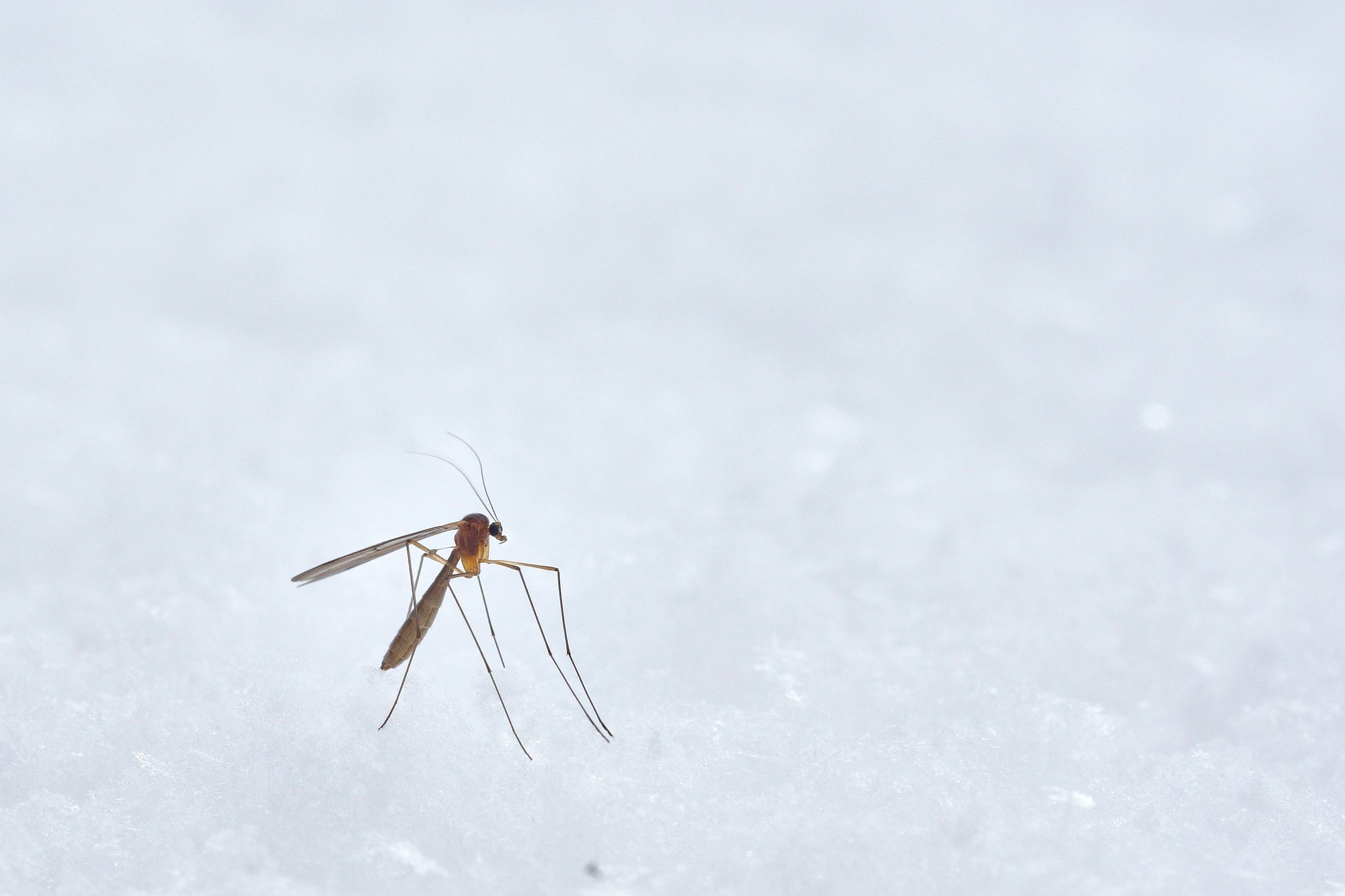
Why do mozzies love or repel me? 3 min read
July 06, 2020
Do you ever feel like mosquitoes seem to bite you more than others? Or perhaps you are one of those who the mozzies never seem to be interested in. What are the factors that attract or repel them? In light of the current dengue outbreak, we thought that it could be helpful to explain this phenomenon and what you can do to better protect yourself! (and no we are not showing you how to clear your plant pots - NEA is already doing a great job with that!)
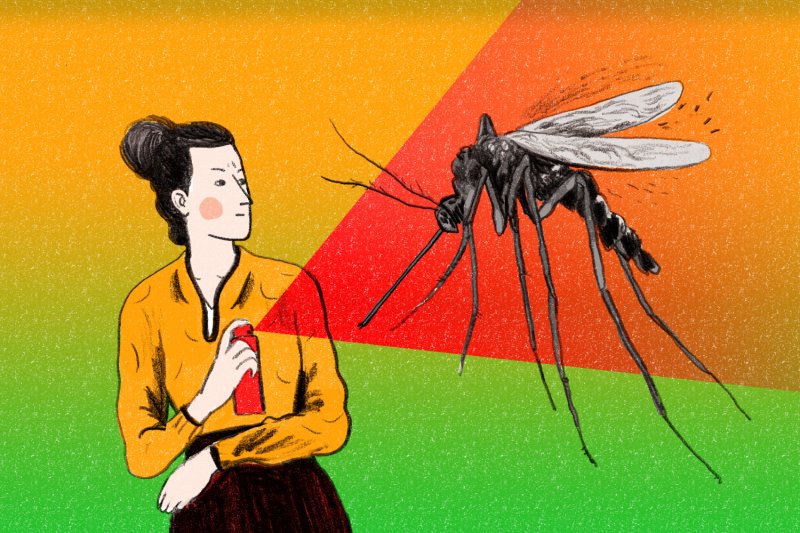
Photo credit: Time Magazine
One talent that all mosquitoes have in common is their complex sense of smell. Mosquitoes survive and reproduce eggs by seeking out blood meals (by biting us basically) - however, they have poor vision and instead use scent to find their next meal. To understand what attracts them all lies primarily with what they pick up by way of scent (or odour).
Sweat
To be specific, research has shown that the odour of lactic acid found in perspiration will attract mozzies, especially the Aedes aegypti type aka Dengue-causing mozzie, to an individual. So if you are planning to exercise outdoors near mosquito-infested areas like parks and reservoirs, remember to bring along a towel to dry yourself and a mosquito repellent!
Read the full research here
Carbon dioxide
Their acute sense of smell can actually detect the carbon dioxide we exhale from as far as 30 feet away. Mozzies have long learnt that they can follow the trail of carbon dioxide to get to a human being. This means your metabolic rate, or the amount of CO2 your body releases as it burns energy, is a big factor when it comes to attracting mosquitoes.
The diversity of your microbiota
As we have previously discussed in our previous blog post on gut bacteria, it is clear that we all have our own bacteria colony (microbiota) living inside our bodies and on our skin surfaces. But research has proven that the more diverse your skin microbiota, the less attractive you are to the mozzies! And how to increase the diversity of your own microbiota? Eat and drink more fermented foods, and always remember to reconsider taking antibiotics unless absolutely necessary.
Read the full research here
Colours of your clothing
Mozzies are attracted to darker colours that retain heat - black, dark blue, brown etc. And since these are creatures that roam in the day, dark clothing creates a more contrasted silhouette for them to notice from a distance. We have to put a disclaimer though that this is not fully verified but it is wise to avoid darker clothing if you are planning a day out. For all you yogis, spandex isn't enough to protect you from mozzies because they can bite right through it!
HOW TO PROTECT YOURSELF
The key in protection is by repelling them with smells the mozzies detest, and minimising the amount of exposed skin for them to feast on. Whilst most commercial products contain this chemical-based ingredient called DEET (N,N-diethyl-m-toluamide) which has proven to be effective in protection from bites, there are studies that show potential skin sensitivities and even health risks. If you prefer more natural means of protection, you can focus on repelling the mosquitoes with scents they hate.
If you are looking for an effective insect repellent with natural ingredients, here are some essential oils you can consider either diffusing at home or diluting into a solution

Citronella
Is there any other smell that is as associated with insect repellents as citronella? This oil contains a potent composition of citronellal, citronellol, geraniol, citral, α pinene, and limonene and has been found to be as effective dose for dose as DEET. However, as with all natural oils, citronella-based repellents will eventually evaporate and can only protect from host-seeking mosquitoes for about two hours. So keep reapplying to protect yourself!
Research on the effectiveness of citronella and other essential oils can be found here
Lavender
This thankfully smells great to most of us, and the naturally antiseptic, antimicrobial and antibacterial composition of the lavender plants help to keep them protected from mosquitoes. It has a chemical composition of up to 25% linalool, which has been proven to be a natural repellant against mosquitoes. On top of this, lavender has also been effective in soothing and healing skin. A win-win!
Research found here
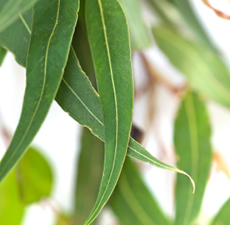
Lemon Eucalyptus
Similar to citronella, this oil extracted from the leaves and twigs of the lemon eucalyptus tree is rich in citronellal and contain citronellol. The distinct characteristic of this oil is a compound called para-menthane-3,8-diol (PMD) that makes it harder for mosquitoes and other insects to pick up on your skin odour.
Peppermint
A study published in Biomed Research International found that peppermint essential oil is an effective repellent when applied to cotton. All you have to do is put a few drops onto a cotton ball, and then place the cotton balls wherever you see bugs hanging out the most in your home.
Research found here

Moghul painting illustrating a man burning neem leaves near a river where biting insects would be present (© Dr Sarah Moore)
DO YOUR RESEARCH ON WHAT WORKS, AND WHAT ARE JUST MARKETING BLUFFS
We found this video where INSIDE EDITION went down to the USDA Mosquito and Fly Research Unit in Gainesville, Florida to test out the effectiveness of different repellents in the market. Three volunteers exposed their arms to hundreds of hungry mosquitos and recorded the data.
In a nutshell, these are the things that worked:
DEET and botanical insect repellents with a certain active concentration
What didn't work:
Citronella candles, apps, bracelets
In conclusion, the only way to protect yourself from bites is to have the protective spray directly on your skin and diffusion in the room will not be enough. We hope this has been helpful and welcome all suggestions of natural remedies that has worked for you!
We will be launching our mozzie spray shortly! Stay tuned =)

